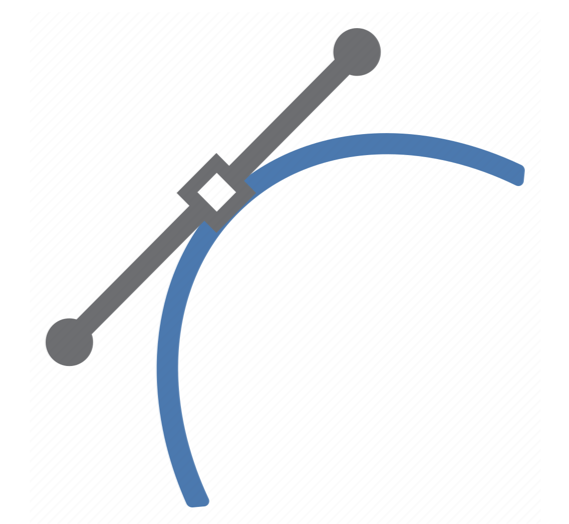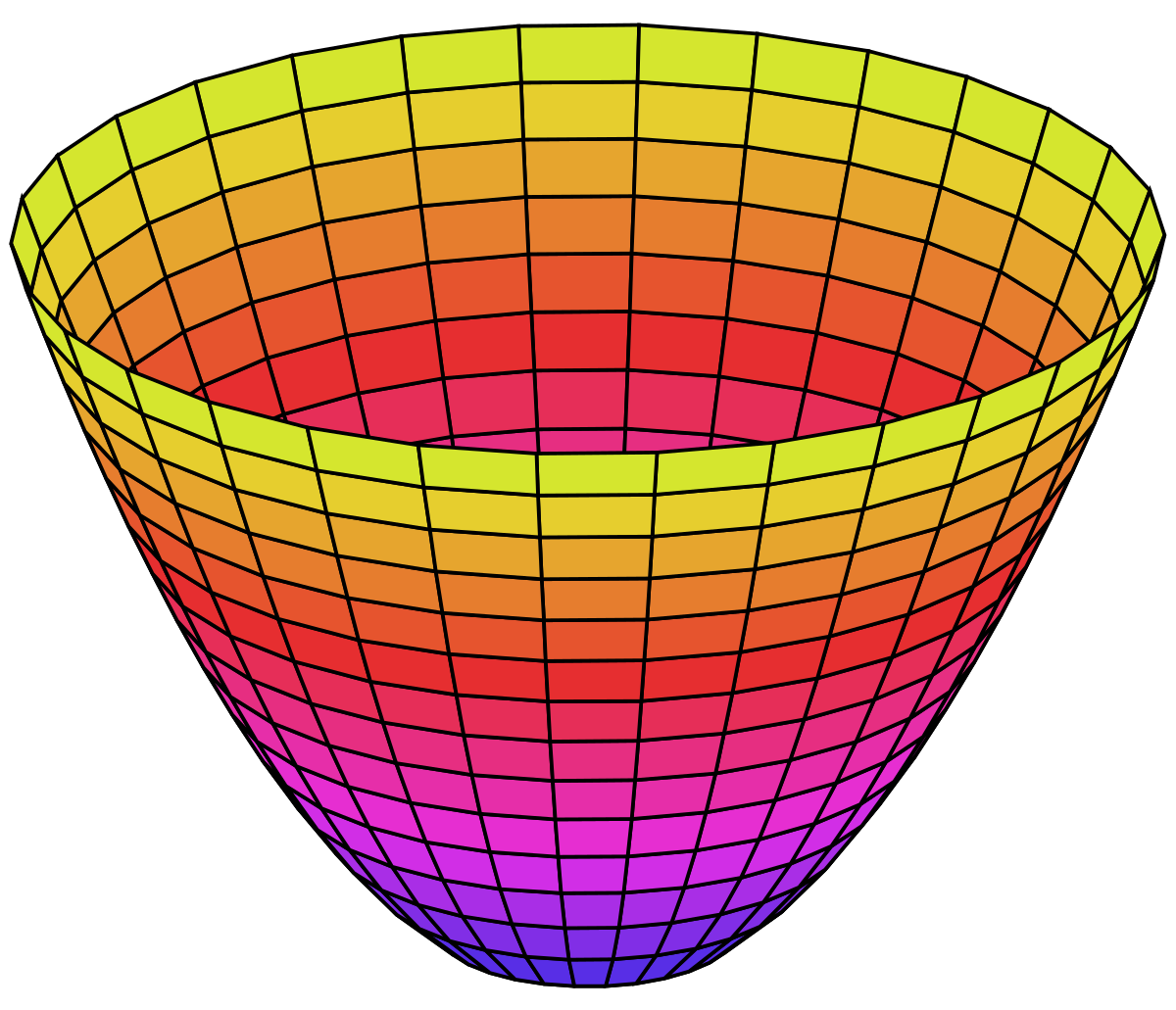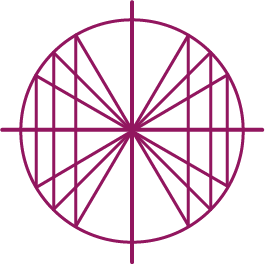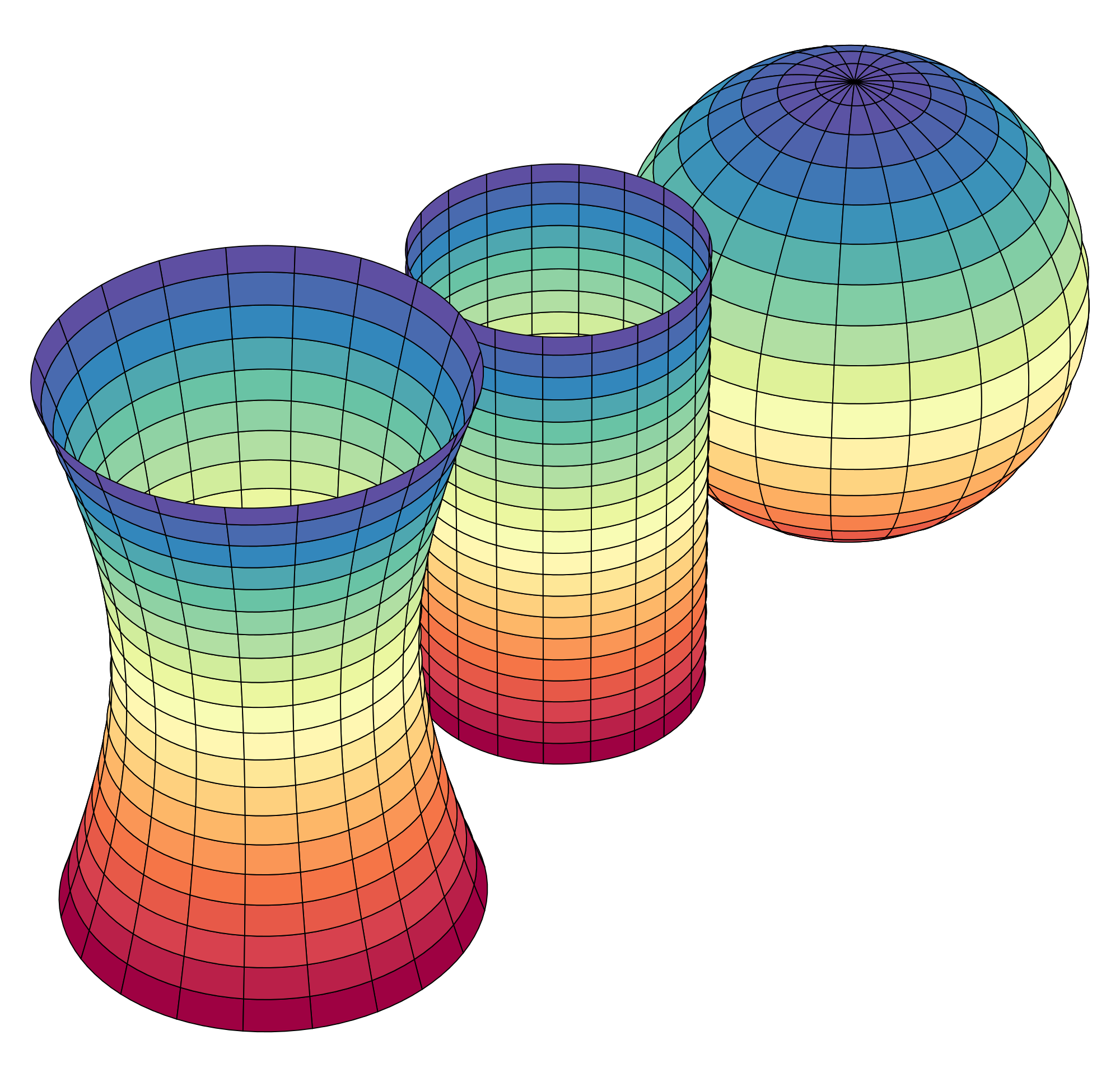Upper Division Mathematics: Computational Abstract Algebra
| Course Title: | Computational Abstract Algebra |
| Catalog Number: | DMAT 431 |
| Credits: | 4 Semester Credit Hours |
| Syllabus PDF: | PDF Syllabus for Computational Abstract Algebra |
| Delivery: | Fully Online, Asynchronous, Self-Paced |
| Click Here to Enroll in DMAT 431 - Computational Abstract Algebra | |
Roger Williams University Course Catalog Listing: DMAT 431 - Computational Abstract Algebra
Course: DMAT 431
Course Title: Computational Abstract Algebra
Transcript Course Title (30 Characters Max:): Comp Abstract Algebra
Course Description: A first course in abstract algebra with emphasis on a computational approach to the subject. Topics include congruence, permutations, groups, homomorphisms, rings, fields, representations with matrices over finite fields, the Fundamental Theorem of Algebra, and solvability questions about polynomial equations, with dual emphases on traditional symbolic proofs and computational investigations. [4 Semester Credits]
Prerequisite: Successful completion (C- or higher) of Linear Algebra and Multivariable Calculus or equivalent, or consent of instructor.
E-Textbook: Algebra - A Computational Approach by John Scherk
Software: Mathematica
PDF Course Syllabus: Detailed Course Syllabus in PDF for DMAT 431 - Computational Abstract Algebra
DMAT 431 - Computational Abstract Algebra - Learning Outcomes
- 1. To understand and compute congruences and modulo arithmetic
- 2. To understand and compute permutations
- 3. To understand axiomatic definition of Groups
- 4. To understand and compute examples and constructions of Groups, including representations using matrices
- 5. To understand mappings, homomorphisms, isomorphisms, and kernels
- 6. To understand and compute cyclic, symmetric, and alternating Groups
- 7. To understand and compute initial examples of Rings and Fields, both finite and infinite
- 8. To be introduced to an initial goal of group and ring theory - the insolvability of polynomial equations by roots of degree > 4 (lack of generalization of Quadratic Formula for degree 5 and higher polynomial equations)
- 9. To understand the goal of the Fundamental Theorem of Algebra
DMAT 431 - Computational Abstract Algebra - Syllabus of Topics
1. Getting Started 1.1 Email and Chat 1.2 Learning About the Course 1.3 Required Hardware 1.4 Software Fundamentals: Mathematica 2. Initial Questions About Polynomial Equations 2.1 Quadratic, Cubic, Quartic Formulas 2.2 Historical Lack of Quintic Formula 2.3 Closer Look at Polynomial Factorizations 2.4 The Question of Coefficients 2.5 The Fundamental Theorem of Algebra 3. Congruences 3.1 Basic Properties 3.2 Divisibility 3.3 Modulo Arithmetic 3.4 Solving Congruences 3.5 The Role of Prime Numbers 4. Permutations 4.1 Mappings 4.2 Cycles 4.3 Signs of Permutations 5. Permutation and Linear Groups 5.1 Definition 5.2 Cyclic Groups 5.3 Generators 6. General Groups 6.1 Axiomatic Definition 6.2 Properties 6.3 Homomorphisms 7. Subgroups 7.1 Orthogonal Groups 7.2 Subgroups and Generators 7.3 Kernel and Image of Homomorphisms 8. Groups of Symmetries 8.1 Symmetries of Regular Polygons 8.2 Symmetries of Platonic Solids 8.3 Symmetries of Equations 9. Group Actions 9.1 Orbits and Stabilizers 9.2 Fractional Linear Transformations 9.3 Kernels and Cayley's Theorem 10. Counting Formulas 10.1 The Class Equations 10.2 Burnside's Counting Lemma 11. Simple, Sylow, and Abelian Groups 11.1 Finite Fields and Matrix Representations 11.2 Group Examples 12. Brief Introduction to Rings and Fields 12.1 Definitions and Examples 12.2 Questions about Polynomial Factorization 12.3 Polynomial Equations Revisited 12.4 Fundamental Theorem of Algebra
Example Lecture Videos for Abstract Algebra
The DMAT 431 - Computational Abstract Algebra course uses a wonderful textbook by John Scherk which bridges traditional abstract algebra to a modern computational approach of testing and exploring ideas, concepts, theorems, and conjectures on both the hand-written, proof-based side, as well as using Mathematica to simultaneously explore computationally. Students will learn to read an advanced math textbook, as well as drive Mathematica, via these lectures to accompany the textbook presentation.Distance Calculus - Student Reviews





Date Posted: Feb 28, 2020
Review by: Karen N.
Courses Completed: Calculus I, Calculus II
Review: Awesome classes! I was really weak with Calculus, so I retook Calc 1 and kept going into Calc 2. I feel like I finally understood Calculus. The finals were pretty thorough, but not nearly as stressful as the blue book exams. I highly recommend these courses!
Transferred Credits to: Various





Date Posted: Feb 19, 2020
Review by: Rebecca Johnson
Courses Completed: Applied Calculus
Review: I took the Business Calculus course from Distance Calculus in 2013. I was admitted to my MBA program, but then they told me I needed to take Calculus before starting the program. I finished the Business Calculus course in about 3 weeks in August before my program started. Not the most fun thing to do over the summer, but at least I got it done. Thanks Diane and Distance Calculus team!
Transferred Credits to: Kellogg MBA Program





Date Posted: Jan 12, 2020
Review by: Brian Finley
Courses Completed: Calculus II
Review: I took Calculus II through Distance Calculus and can't recommend it enough. Being able to take the course at my own pace while I was working full time was tremendously helpful, especially since I hadn't taken a math course for 5 years prior. The instruction was excellent and the software they used to teach the course was intuitive and facilitated the learning process very well. This calc II class enabled me to take multivariable calc, linear algebra, and real analysis at Harvard University's extension school, which ultimately qualified me for the economics PhD program that I will graduate from next year. 8 years on, I'm still grateful to Professor Curtis and Distance Calculus.
 Freshman Math Courses
Freshman Math Courses
- Applied Calculus for Business [3 credits] [3CR]
- Applied Calculus for Life Science [3 credits] [3CR]
- Calculus I[4 credits] [4CR]
- Calculus II[4 credits] [4CR]
 Sophomore Math Courses
Sophomore Math Courses
- Multivariable Calculus III [4 credits] [4CR]
- Differential Equations [3 credits] [3CR]
- Linear Algebra [4 credits] [4CR]
- Probability Theory [3 credits] [3CR]
 Honors Math Courses
Honors Math Courses
- Honors Calculus I [5 credits] [5CR]
- Honors Calculus II [5 credits] [5CR]
- Honors Calculus I+II for Data Science [5 credits] [5CR]
- Honors Multivariable Calculus [5 credits] [5CR]
- Honors Differential Equations [4 credits] [4CR]
- Honors Linear Algebra [5 credits] [5CR]
- Honors Linear Algebra for Data Science [5 credits] [5CR]
 Lower Division Math Courses
Lower Division Math Courses
- Precalculus with Trigonometry [4 credits] [4CR]
- Introductory Statistics [4 credits] [4CR]
- Finite Mathematics [3 credits] [3CR]
- Discrete Mathematics [4 credits] [4CR]
 Upper Division Math Courses
Upper Division Math Courses
- Computational Abstract Algebra [4 credits] [4CR]
- Computational Differential Geometry [4 credits] [4CR]

